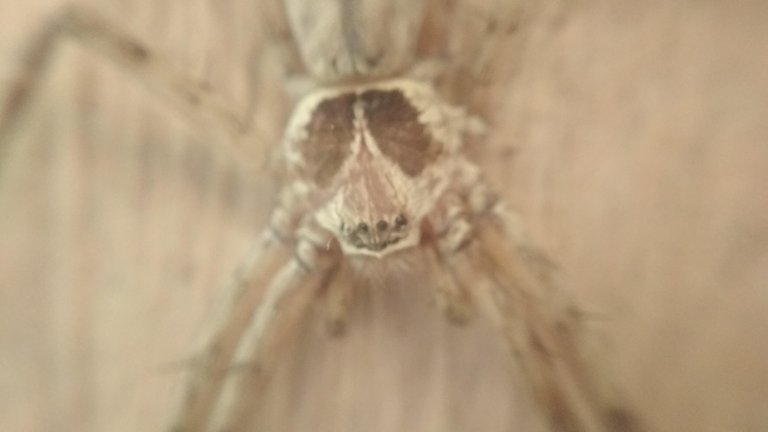

Spider life or Spider Ecology has certain features. Spiders are able to adapt in a variety of habitats but the spider is very sensitive to disturbances that occur in its environment. The environmental disturbances that have a negative impact on the abundance of spiders, among others: soil processing, pruning plants and the use of synthetic pesticides. The changing composition of spider species in agricultural ecosystems is strongly influenced by changes in plant composition in cultivated land (Anonymous, 2007).
Some research concludes spiders are vulnerable to a number of pesticides. The decrease in the number of spiders will have an impact on the increase in the population of plant bugs. Without spiders, the population of insects will spread uncontrollably so as to thwart the harvest and spread the disease. Spiders are also a quality food for other creatures. Where spiders play an important role in the food web because of spider eating habits (Historia, 2011).
The key to the success of aracnids lies in its ability to inhabit habitats where insects are unable to achieve an advantage. Whereas as insects fly in the air, arachnids have flourished in many residential areas, provided that there is low vegetation, piles of leaves and soil and in many ways more successful than insects in such situations. Often arachnid animals are very small in size, but have a major role to limit insect pest populations as well as in various biological processes to improve soil fertility (Anonymous, 1988).
Tropical rain forests have a high diversity of species of spiders. This is because spiders like habitats that are protected from extreme temperatures, can attach their webs, are safe against nest and nets damage and can maximize their prey time. Spiders are found in sub-tropical climates, so in Indonesia as a subtropical spider country is found everywhere, spider habitats can be found in the soil, under rocks, in the grass, in the branches of trees, in the caves and on water (Anonymous, 2007).
For the spider living in the litter, the leaves that fall in the forest are the appropriate habitat for them. The number increases more when the litter layer gets thicker as more places are available to hide and avoid extreme temperatures (Suana, 2006).
Source:[http://www.e-jurnal.com/2014/01/habitat-hidup-laba-laba.html?m=1]
If you like this, please provide upvote, comment and resteem.
Follow me: @lelek
Help me upvote and share.
you are a good writer..
I'm an ordinary person, not a good writer. There are others who are better. Thank you for visiting my blog.